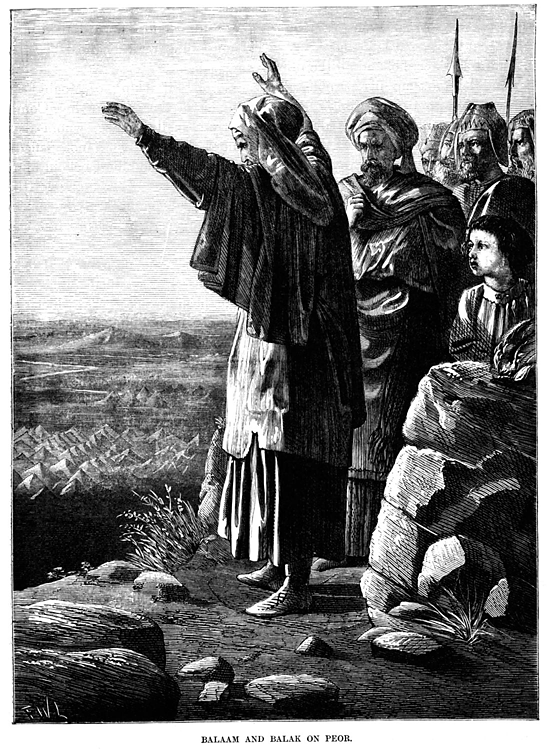
How do we bring glory to Elohim, live in his river of life and help to advance his kingdom initiatives on earth? By receiving his spiritual gifts and then learning to exercise them.
The spiritual gifts Elohim gives to his children are essential in all aspect of our lives from the time we receive the gift of salvation, but beyond that as well. They establish us in him as a fully functioning and important part of his kingdom being advanced on earth. They help us to be his hands, feet and mouth to reach many people for him.
We must know what our spiritual gifts are so that instead of being a side-lined pew warmer, we are a fully functioning member of the body of Yeshua. Knowing our gift and then functioning in most importantly brings glory to Elohim, and as a by-product gives our life meaning, purpose and direction.
The Gifts (Gr. Charismahtohn) of the Spirit
Having then gifts differing according to the grace that is given to us, whether prophecy, let us prophesy according to the proportion of faith. (Rom 12:6)
So that ye come behind in no gift (charisma); waiting for the coming of our Lord Yeshua Messiah. (1 Cor 1:7)
For I would that all men were even as I myself. But every man hath his proper gift (charisma) of Elohim, one after this manner, and another after that. (1 Cor 7:7)
There are diversities of gifts, but the same Spirit. (1 Cor 12:4)
But covet earnestly the best gifts [charisma]: and yet shew I unto you a more excellent way. (1 Cor 12:31)
Follow after charity, and desire spiritual gifts (lit. spirituals), but rather that ye may prophesy. (1 Cor 14:1)
Neglect not the gift (charisma) that is in thee, which was given thee by prophecy, with the laying on of the hands of the presbytery.(1 Tim 4:14)
Wherefore I put thee in remembrance that thou stir up the gift (charisma) of Elohim, which is in thee by the putting on of my hands. (2 Tim 1:6)
As every man hath received the gift, even so minister the same one to another, as good stewards of the manifold grace of Elohim. (1 Pet 4:10)
Spiritual Gifts (Charisma) in a General Sense
For the wages of sin is death; but the gift (charisma) of Elohim is eternal life through Yeshua Messiah our Lord. (Rom 6:23)
But the free gift is not like the transgression. For if by the transgression of the one the many died, much more did the grace of Elohim and the gift by the grace of the one Man, Yeshua the Messiah, abound to the many. The gift is not like that which came through the one who sinned; for on the one hand the judgment arose from one transgression resulting in condemnation, but on the other hand the free gift arose from many transgressions resulting in justification. (Rom 5:15–16 NAS)
Salvation Is Elohim’s Greatest Gift to Man
For I long to see you, that I may impart unto you some spiritual gift[Gr. charisma], to the end ye may be established. (Rom 1:11)
The Purpose of Spiritual Gifts
Spiritual gifts help to establish, make firm, make stable, place firmly a person in the body of Yeshua or kingdom of Elohim. They give one a purpose and function. If you know what your gift is, you’ll better understanding your spiritual call and purpose. This will give your life meaning and direction. This glorifies Elohim, helps to advance his kingdom and keep you in his perfect will and in his river of life for you.
I thank my Elohim always concerning you for the grace of Elohim which was given to you by Messiah Yeshua, that you were enriched in everything by Him in all utterance and all knowle.g. even as the testimony of Messiah was confirmed in you, so that you come short in no gift, eagerly waiting for the revelation of our Master Yeshua the Messiah. (1 Cor 1:4–7)
Spiritual gifts from Elohim enrich our lives in all that we say and think.
Misc. Spiritual Gifts (Charisma)
For the gifts and calling of Elohim are without repentance. (Rom 11:29)
Israel was YHVH’s chosen and gifted people.
Do not neglect the gift that is in you, which was given to you by prophecy with the laying on of the hands of the eldership. (1 Tim 4:14)
Ministry gifts come by prophecy and the laying on of hands by the elders.
Word Definitions
The Greek word for gifts (as in spiritual gifts, see Rom 6:23; 2 Cor 12:4, 9, 28, 30, 31; 14:1; 1 Pet 4:10) is charisma and means the following:
- a favour with which one receives without any merit of his own
- the gift of divine grace
- the gift of faith, knowle.g. holiness, virtue
- the economy of divine grace, by which the pardon of sin and eternal salvation is appointed to sinners in consideration of the merits of Messiah laid hold of by faith
- grace or gifts denoting extraordinary powers, distinguishing certain redeemed believers and enabling them to serve the church of Messiah, the reception of which is due to the power of divine grace operating on their souls by the Spirit of Elohim.
From the study notes found in The Spirit Filled Life Bible in an article entitled“The Holy Spirit and Power,” (by Paul Walker), we learn the following things about spiritual gifts from heaven:
Romans 12:3–8 Lists Seven Gifts from the Father
All born again or redeemed believers should have one or more of these gifts. Often they are innate character traits a person already possesses naturally, but once they are born again by the Spirit of Elohim, these traits will often be employed for ministry purposes. These gifts are basic life purpose or residential motivational gifts that a person is gifted with for the benefit of others.
- Prophecy
- Ministry
- Teaching
- Exhortation
- Giving
- Leadership
- Mercy
1 Corinthians 12:8–10, 28 Lists Nine Gifts from the Spirit of Elohim
Continue reading








